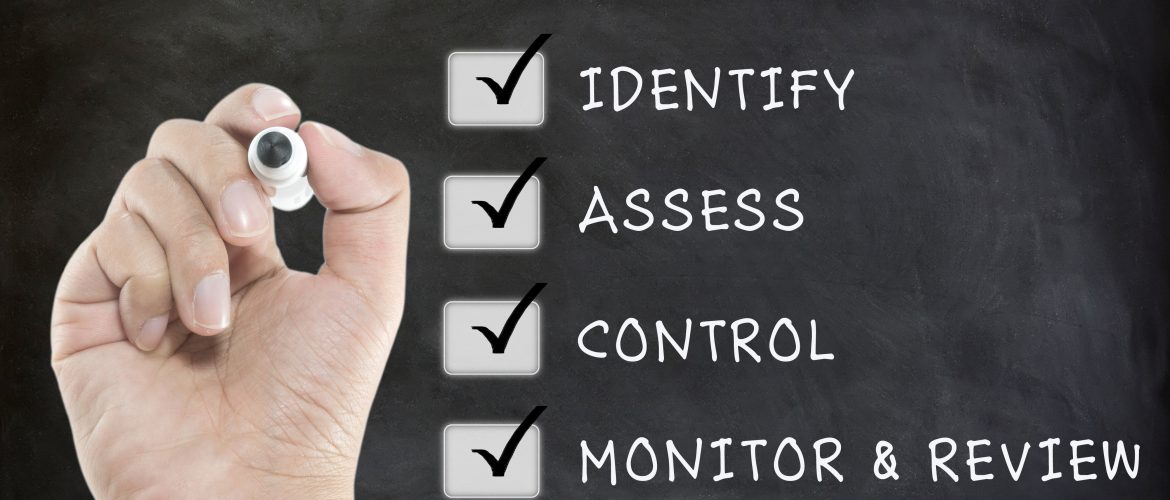Incidents at long-term care facilities (LTCs) which come to the administration’s attention through an internal review process, a “hotline tip,” or outside complaint must be fully investigated. Depending upon the severity of the issue and ability to impact service delivery, they should be addressed with the level of urgency that each situation requires.
The facility must also take all possible measures to ensure that the incident in question does not reoccur. This is especially important if an outside regulatory body is involved in reviewing the situation and the facility’s response.
Remedial steps can include disciplinary actions, education for staff, care plan revisions, policy and procedure revisions, and environmental or other changes related to safety.
The investigation and all remedial measures should be reviewed by the facility’s Quality Assurance and Performance Improvement (QAPI) team or Compliance and Ethics Committee depending on the area of concern. Any policy changes must then be written into that program’s incident review process.
It is important to keep in mind that abuse can result in criminal liability and have severe consequences for the facility. A failure to deliver minimum standards of care can be classified as fraud, waste, and abuse by the Office of Inspector General (OIG).
Should any identified incident suggest neglect, abuse, or mistreatment because of faulty organizational systems, the facility is legally obligated to launch a new investigation to identify how the operating system can be improved.
A root cause analysis will often be of great help in identifying appropriate revisions to policies and procedures, training programs, hiring practices, or other systems or processes. State agencies conducting all types of surveys in facilities are frequently requesting evidence of root cause analysis when they identify areas the facility has or should have investigated.
The facility’s compliance and ethics program should, as part of its monthly duties, review all incoming data and trends, and provide a full report on the number of occurrences needing remedial action, and how these incidents were managed.
Finally, the Compliance and Ethics Committee must monitor the effectiveness of all remedial measures which have been put into place and provide regular follow-up reports.





















